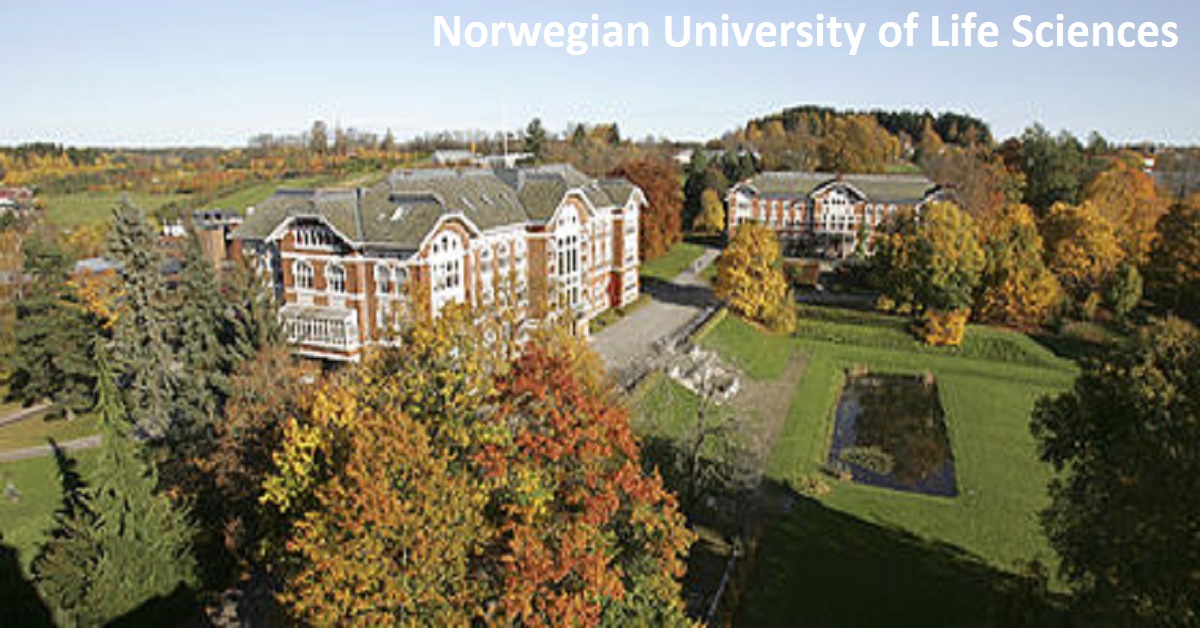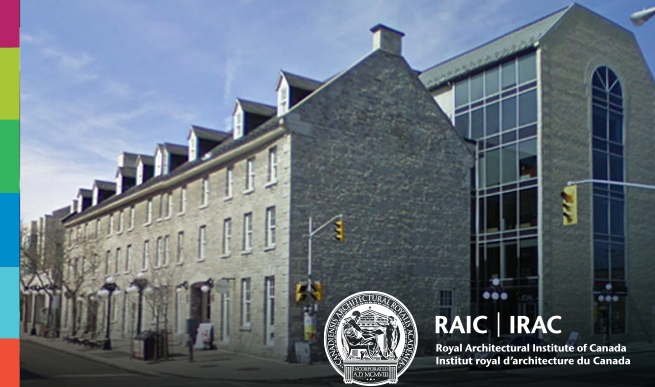
The Protein Engineering and Proteomics (PEP) group at the Faculty of Chemistry, Biotechnology and Food Science at the Norwegian University of Life Sciences (NMBU) has a vacant three-year PhD-position within the project “DENITRO: Oxidative polysaccharide conversion in anoxia by denitrifying organisms”.
By examining the intricate breakdown of biomass under denitrifying conditions in freshwater wetland and biofilters, the project aims to discover mechanisms and enzymes responsible for the turnover of biomass in these habitats. Biomass conversion has potential links to denitrification, which affects the release of nitrous oxide (laughing gas) from soils. Previous meta-omics experiments within the project provide a basis for the discovery of enzymes potentially responsible for key functions during biomass degradation under these conditions. The obtained knowledge will be used to deepen our understanding of how biomass-degradation occurs in denitrifying communities of microorganisms, and we explore how the new enzymes can be used in biorefining applications.
The vacant position is funded by a research grant from the Novo Nordisk Fonden.
The applicant is made aware that an application for a PhD position at NMBU is at the same time an application for admission to a PhD programme at the institution. The documentation that is necessary to ensure that the admission requirements are met must be uploaded as an attachment.
We are looking for candidates with basic training in gene cloning and biochemistry, preferably with good knowledge of enzymology and/or denitrification. Relevant experience with analytical tools used for enzyme characterization is an advantage.
Main tasks
- Clone, express and purify enzymes, primarily enzymes degrading polysaccharides, such as cellulose
- In-depth characterization of the catalytic properties of these enzymes using various analytical methods (e.g., HPLC, LC-MS, GC-MS)
- Assess the potential of individual enzymes, and mixtures of enzymes, for (Industrial) use in biorefining of biomass
The successful candidate is expected to develop a progress plan towards a PhD degree during the first months of the appointment, targeted at completing a doctorate within the PhD scholarship period.
Competence
The successful applicant must meet the conditions defined for admission to a PhD programme at NMBU. The applicant must have an academically relevant education corresponding to a five-year Norwegian degree programme, where 120 credits are at master’s degree level. The applicant must have a documented strong academic background from previous studies and be able to document proficiency in both written and oral English. For more detailed information on the admission criteria please see the PhD Regulations and the relevant PhD programme description.
Required academic qualifications and experience:
- Relevant MSc degree, for example in biochemistry, biotechnology or microbiology. Candidates finishing an MSc degree in the first half of 2022 are welcome to apply.
- Experience in gene cloning and protein expression and/or enzymology.
- Grades that are sufficient to be admitted to NMBU’s PhD program (minimum B as average grade for the MSc studies).
Applicants with one or more of the following experiences and skills will be prioritized:
- Knowledge of redox enzymology and/or the enzymology of polysaccharide degradation
- Knowledge of lignocellulose and how it is degraded in Nature
- Knowledge of microbial denitrification
- Experience with carbohydrate analytics (LC, SEC, MALDI-ToF MS, ESI-MS)
The ideal candidates will combine the following personal qualities:
- Curious and open-minded
- Ambitious, accurate and self-driven
- Genuinely interested in scientific research and its industrial applications
- Good social and collaborative skills
- Good communicative skills, both oral and written, in English
We expect that the candidates will successfully publish research findings in high-impact peer reviewed journals. Applicants must be proficient in both written and spoken English, and preferably a Scandinavian language.
Remuneration and further information
The position is placed in government pay scale position code 1017 PhD. Fellow. PhD. Fellows are normally placed in pay grade 54 (NOK 491.200,-) on the Norwegian Government salary scale upon employment and follow ordinary meriting regulations.
Employment is conducted according to national guidelines for University and Technical College PhD scholars.
For further information, please contact project leader Dr. Magnus Ø. Arntzen (magnus.arntzen@nmbu.no; phone: +4767232446) and check our website at: https://www.nmbu.no/en/faculty/kbm/research/groups/pep.
Information for PhD applicants and general Information to applicants
Application
To apply online for this vacancy, please click on the ‘Apply for this job’ button above. This will route you to the University’s Web Recruitment System, where you will need to register an account (if you have not already) and log in before completing the online application form.
Application deadline: May 2, 2022
In the application, the candidate must confirm that information and documentation (in the form of attachments) submitted via the job application can also be used by NMBU in a possible admission process. Please note that applications that do not provide the information needed for NMBU’s admission process will be discarded.
Printed material which cannot be sent electronically should be sent by surface mail to Norwegian University of Life Sciences, Faculty of Chemistry, Biotechnology and Food Science. P.O.BOX 5003, NO-1432 Aas, within 06.04.2022. Please quote reference number 22/01610.
Applicants invited for an interview are expected to present original diplomas and certificates.
The following documents must be attached to the application:
- Motivation letter (maximum 1 page).
- Complete CV (NB: Information provided in the CV does not need to be provided in the webform).
- Certified copies of academic diplomas and certificates. (i.e., diploma, transcript. Diploma supplement for both bachelor and master). Diplomas, transcripts and diploma supplements that are not in Norwegian or English must be uploaded in the original language. An English translation of these documents must also be attached.
- Applicants from universities outside Norway are encouraged to send a diploma supplement, or a similar document, which describes in detail the study program and grading system.
- Documentation of proficiency in written and oral English
- Names and contact details for two references
- Additional relevant documentation of professional knowledge (for example, a list of scientific works)
About The Faculty of Chemistry, Biotechnology and Food Science
The Faculty of Chemistry, Biotechnology and Food Science (KBM) employs about 160 people. Currently about 50 PhD students are enrolled into our PhD program. KBM represents a broad range of scientific fields encompassing basic natural sciences such as microbiology, chemistry, biochemistry as well as the application of these towards food chemistry, technology and safety, biotechnology, bioprocessing and environmental issues. The Faculty is responsible for education, research and information within our fields of expertise and also has state-of-the-art instrumentation to perform research within these fields. KBM collaborates in networks and research projects both nationally and internationally.
Further information: https://www.nmbu.no/en/faculty/kbm
The Norwegian University of Life Sciences
NMBU has a particular responsibility for research and education that secures the basis for the life of future generations. Sustainability is rooted in everything we do and we deliver knowledge for life. NMBU has 1,900 employees of which about 300 phd scholarships and 6,700 students. The university is divided into seven faculties.
NMBU believes that a good working environment is characterised by diversity.
We encourage qualified candidates to apply regardless of gender, functional ability, cultural background or whether you have been outside the labour market for a period. If necessary, workplace adaptations will be made for persons with disabilities. More information about NMBU is available at www.nmbu.no.
Apply for this job
![Postdoctoral and Research Opportunities at McGill University [CA]](https://scholaridea.com/wp-content/uploads/2020/06/mcgill-university-30-may-2019-768x402.jpg)

